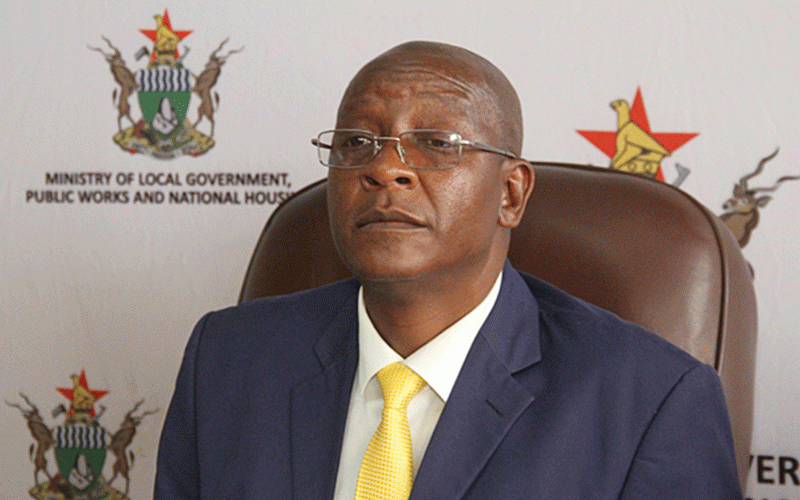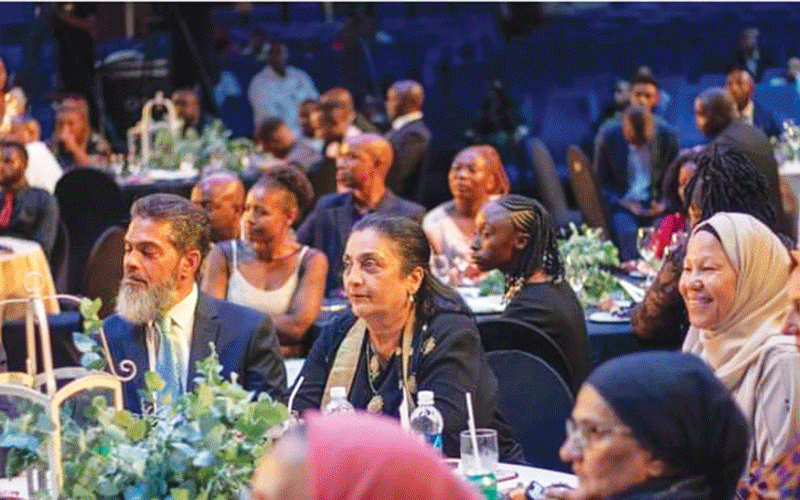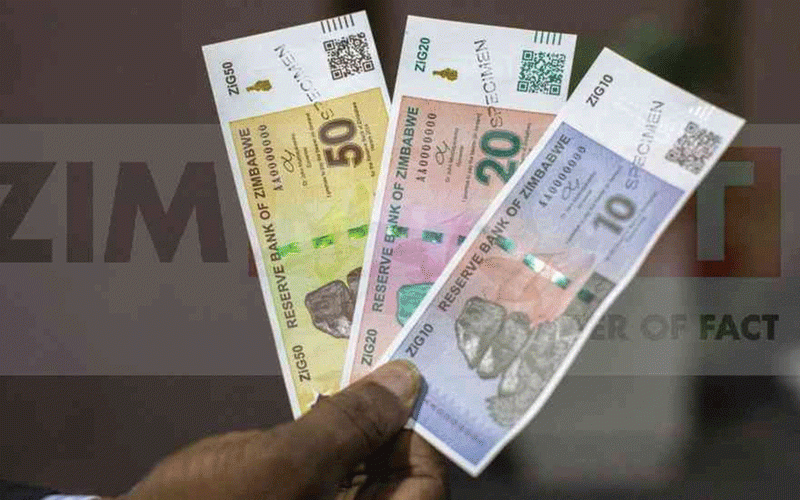
Justice Legal and Parliamentary Affairs minister Ziyambi Ziyambi recently hinted that the government could be abandoning its tough stance against the non-governmental organisations (NGOs) sector.
The climbdown comes after there has been acrimony over the controversial Private Voluntary Organisations Amendment (PVOs) Bill which critics say is retrogressive.
However, ruling Zanu PF supporters have been cheering on the government saying the legislation was necessary to “silence regime change agents”.
After meeting players in the NGO sector last week, Ziyambi pledged to expunge offensive provisions of the controversial Private Voluntary Organisations Amendment (PVOs) Bill.
“I am absolutely happy with the deliberations. It was robust. We managed to learn a few things and we are going to amend the Bill in its current structure,” Ziyambi said.
“We have noticed that there are issues that are also not consistent, but I believe the interaction allowed the NGO sector to appreciate where the government was coming from.
“When they go back they will now understand and appreciate that the Bill is not about punishing the NGO sector but just a regulatory framework that will allow them to do their work freely without any hindrance,” he said.
Ziyambi’s remarks are at variance with the developments that happened last month during the public hearings which were disrupted by suspected Zanu PF supporters amid calls for the process to be redone to get the views of the public.
- Environmental justice: Think big, start small
- In Full: Fifteenth post-cabinet press briefing, June 07, 2022
- 33% drop in Byo diarrhoea cases
- Health talk: Mandatory wearing of masks can now be scrapped
Keep Reading
How the government treats the civil society sector will be closely watched by the country’s creditors after Zimbabwe promised to undertake economic and governance reforms to buttress the arrears clearance and debt resolution plan.
The plan is being midwifed by former Mozambican President Joaquim Chissano and African Development Bank (AfDB) chief Akinwumi Adesina.
Under governance reforms, Zimbabwe promised to adhere to the Mo Ibrahim Index which assesses the extent to which civil society and NGOs are free to establish and operate and are free from repression and persecution.
Zimbabwe pledged to attain a score of 14,96 in 2023 rising to 15,41 this year and 15,87 in 2025.
At a recent Zimbabwe debt arrears meeting held on the sidelines of the AfDB annual meetings last month in Nairobi, Kenya, Melte Knudsen, the executive director at the AfDB representing Denmark, Finland, India, Ireland, Norway and Sweden, said government needed to keep intact the trust and momentum it had built over the years.
Knudsen said an important opportunity for the government to show its good faith would be accommodating civil society organisations' concerns over proposed legislation regulating their space which is now being considered in Parliament.
Under the arreas clearance plan, Zimbabwe committed to undertake regular review and effective implementation of legislative frameworks to enhance the registration and operations of civil society organisations in the country.
It also pledged to promote engagement frameworks between government departments and civil society, Parliament and civil society and the Judiciary and civil society and to review, update and enhance government policies and practices to promote the work of civil society organisations in communities. Zimbabwe also pledged to establish mechanisms to ensure civil society is operating in terms of the law.
The recent climbdown points to the need to delicately handle the PVOs case as it could backfire on Zimbabwe’s last chance saloon to resolve its debt crisis.
This could explain why President Emmerson Mnangagwa referred the Bill back to Parliament for reconsideration after the Senate approved the Bill last year in February. On one hand there is a need to regulate PVOs while on the other there is a need to clear the hurdles for Zimbabwe to belong to a community of nations.











